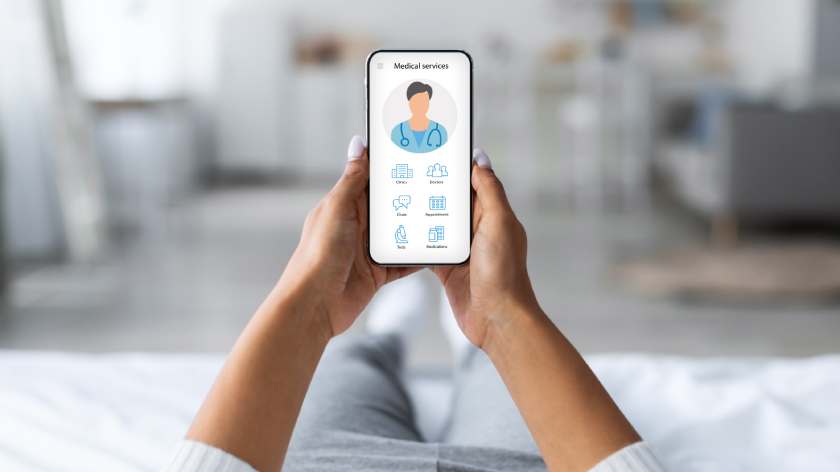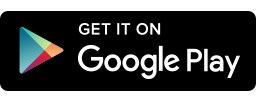A Personal Health Record, or PHR, is an electronic platform where patients can save their medical and health records. PHR is not to be confused with an Electronic Health Record (EHR) or Electronic Medical Record (EMR). While an EHR and EMR are owned and maintained by healthcare providers, the data stored in a PHR is owned solely by the patient. As a patient, you have total control over your data. As health data is sensitive, you can safeguard it with the safety measures available within the platform.
The primary function of PHR apps is to streamline your health data. When you upload your health records from multiple healthcare providers into one centralized space, you offer the end-user (you and your healthcare providers) a comprehensive and detailed overview of your health history. You can swap maintaining hard copies of your reports, prescriptions, and other records with a PHR app. At your next doctor’s appointment, by showing your PHR app with its up-to-date information, you provide your doctor with a bird’s eye view of your health at any given time. And the best part of PHR apps is having all your health records in your pocket! The days of forgetting or misplacing these valuable records are long gone.
So, What Can I Store on PHR Apps?
The short answer: anything and everything!
The long answer: check out the table below.

These are just some examples of the health files you can store on PHR apps.
Now That We’ve Understood What We Can Store on PHR Apps Let’s Learn the Advantages of Doing That.
1. Get timely and Accurate Care
Most health problems can be solved if detected on time. PHR apps keep you proactive in managing your health. Once you digitize your health records, you can keep track of upcoming doctor’s reviews, find patterns, consult medical experts, and take action swiftly. On the other hand, many health issues go misdiagnosed or undiagnosed because the medical practitioner does not have a complete perspective of the patient’s health and medical history. PHR apps come to the rescue as medical professionals can view your updated health data, understand the problem as a whole, and provide the correct care your body needs.
2. Save Money
If you are unsatisfied or doubtful of a diagnosis, one of the first things you do is seek a second opinion. If you don’t take your reports or lose them, the doctor may send you back, requesting a fresh set of tests. Doing so puts a strain on your wallet and causes unnecessary stress. But this problem is insignificant if you save your lab results on PHR apps! Lab reports stay relevant for a specific time. So, instantly share the results with a PHR app during a second opinion consultation. By doing this, you save yourself money, time, and hassle.
3. Manage Health Records of Every Family Member
One person in the family is unofficially in charge of organizing everyone’s health records. Maintaining just one person’s health records can be a task, but doing that for 3+ people regularly? That’s no easy feat! However, with PHR apps, you can simplify this process. With just one account, you can create profiles for each member of your family. Upload, manage, oversee, and share the health files of any family member as and when you need them. You can even make it a family activity by teaching them how to manage their profiles!
4. Helps In Quick Sharing
We’ve said this before, and we’ll say it again: PHR apps are very handy during emergencies! PHR apps contain every single health information about you. The relevance of PHR apps is best seen during emergencies. If you or your child are involved in mishaps and medical professionals need a quick briefing of your medical history, a few swipes on your PHR app can give them the relevant information. Since the primary care providers now have access to your medications, allergies, and past procedures, they have the knowledge to provide care that does not conflict with your ongoing health conditions. Apart from emergencies, PHR apps are helpful in quickly sharing medical files with healthcare professionals for second opinions and while traveling.
Also Read – How Secure is your Health Data ?
It’s Time To Act Now!
In today’s era, healthcare is becoming more patient-centric, and people are finding new ways to take control of their health. Storing your health records in a Personal Health Record (PHR) app is one way to participate actively in your health. With PHR apps, you can store all your health-related information in one place, which is easily accessible and shareable with your healthcare providers.
If you haven’t started using a PHR app yet, it’s time to get started. Ayama PHR lets you maintain your health records at your own pace. It is user-friendly and comes with a multi-profile option, so all family members can easily store their health data. It’s a simple and effective way to take control of your health!
Download the Ayama app now.



